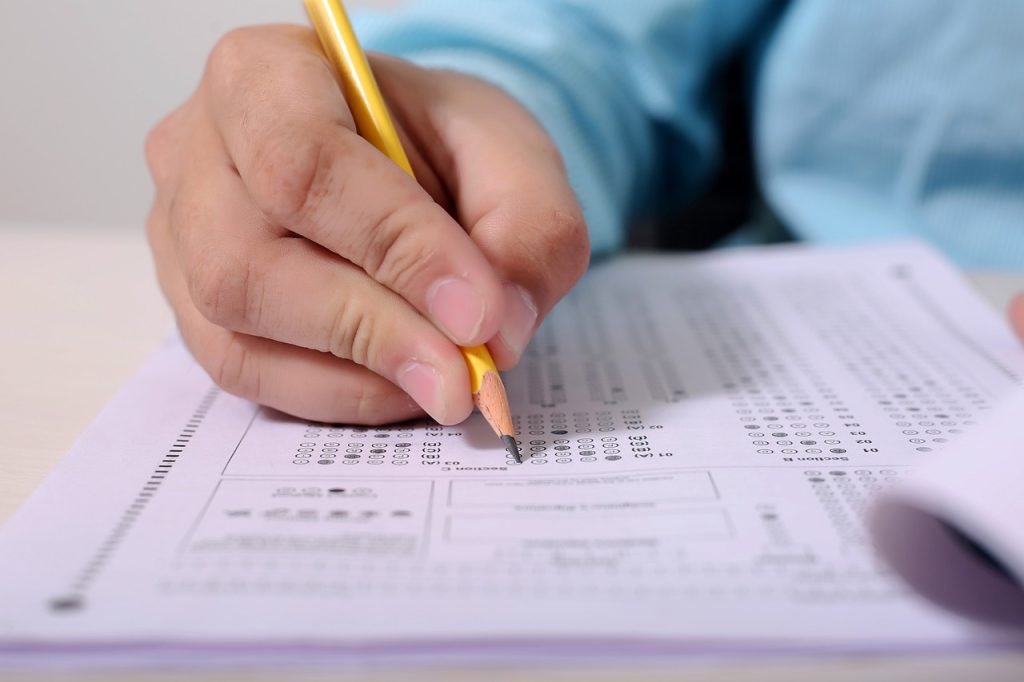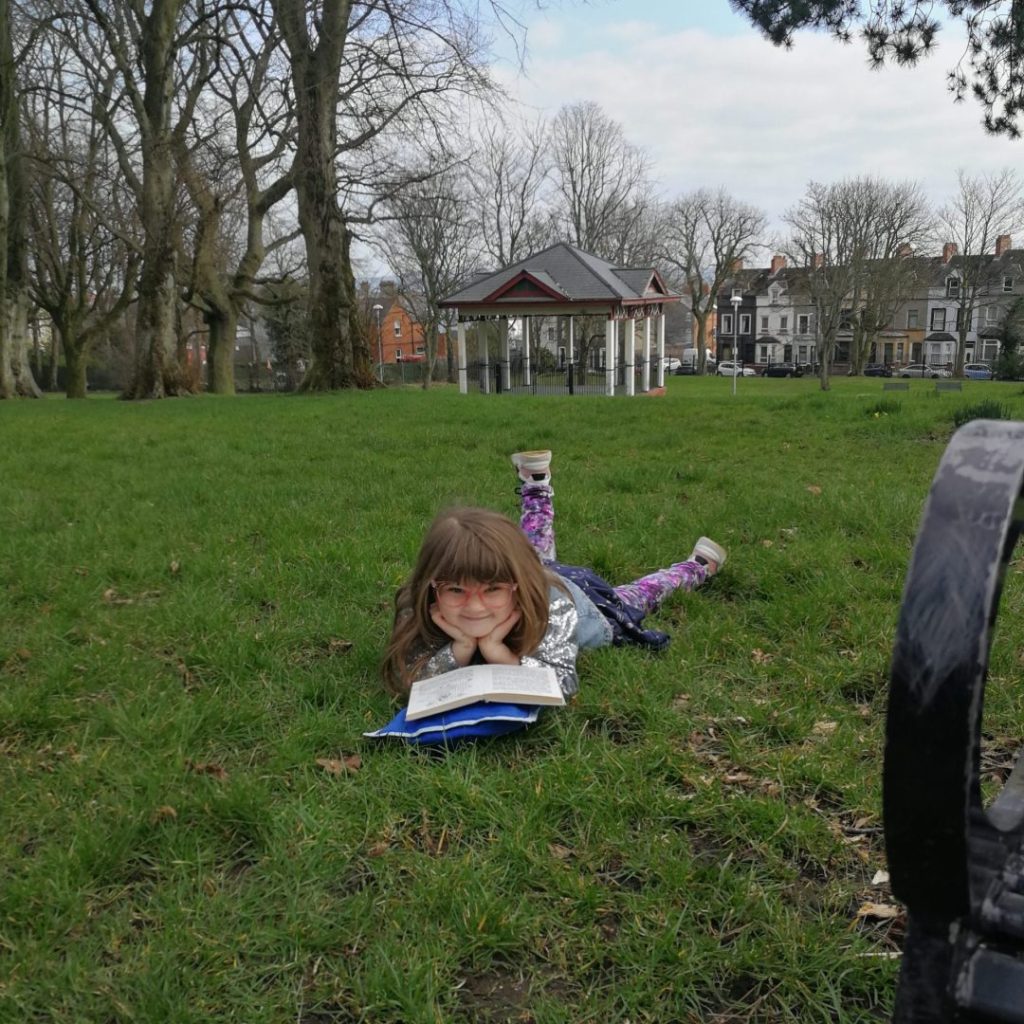Thinking about Home Education in the UK and have some questions? You’re not alone! Many parents are curious about what it entails, how to get started, and what to expect along the way. In this post, I will answer some of the most Frequently Asked Questions about Home Education in the UK, offering clear and practical information to help you make informed decisions for your family.
My Experience
We started Home Educating in 2019 after my eldest had completed 3 years in primary school, my second had completed 1 year and my then youngest had only been to nursery. We carried on for 4 years until our 3 children decided they wanted to try the public education system again. At this point my children have been in school for 8 months and we are considering going back to Home Educating at the end of this academic year.
Over the last 7-8 years we have experienced all the positive and negative questions and aspects of both sides of home educating and public schooling. With the number of families in the UK who are choosing to Home Educate their children surging in recent years having good quality relatable information on Home Educating in the UK is important. I plan, through this blog, to share some of that with you in the hopes it will help with any issues you may be having.
FAQs on Home Education
In this post I am starting an expanding list of Frequently Asked Questions (FAQs) concerning Home Education in the UK. If you are new to Home Education or are considering it in the future or you know people who Home Educate then this is a good place to start. If you come across any terms that you do not understand then you may find my Glossary of Home Education Terms useful.
Table of Contents
Why Home Educate?
Home Education is becoming a popular and normalised alternative to Public School which allows for a more personalised educational approach. Because of this many people are asking the question: Why Choose to Home Educate? There are many reasons why people choose to home educate their children. Some of the common reasons include, educational freedom, religious or cultural beliefs, safety concerns or simply personal preference. There is not an exhaustive list for why families choose to home educate. There can be some very personal reasons for educating outside of the government school system.

Is Elective Home Education Legal in the UK?
Yes, Elective Home Education (EHE) is legal in the UK, however the legal requirements for Home Educating can vary slightly depending on the country within the UK. You do not need to seek anyone’s permission to start home educating your child/children. Deregister your child if they are registered at a school before you start EHE. If you do not deregister they will be considered a truant. It is the schools responsibility to inform the local or education authority. It’s crucial for parents to research and understand the specific legal requirements in their location. Local authorities may have different approaches to Home Education, and some may provide more support and guidance than others.

Home Educating or Home Schooling?
The terms “home education” and “home schooling” are often used interchangeably, but some individuals and educational communities make distinctions between the two concepts. Home schooling generally refers to the practice of educating children at home through a dedicated or widely adopted standard curriculum, that can be designed and delivered by the parents or guardians, or could be purchased from a home school provider. Home education, on the other hand, generally refers to any type of education that takes place primarily in the home, whether it is through traditional schooling methods or more alternative approaches. There have been attempts over the years to control home education and make it more like school in terms of timetables, topics and curriculum so you may find some home educators can feel passionately about differentiating between the two in order to emphasise that school is not a requirement and not what they do.

What is Secular Home Education?
Secular Home Education refers to the practice of providing education to children at home that is not based on religious or spiritual teachings, it does not mean that the children will not learn about the existence of religions or to respect the different belief systems of other individuals and families. Children may learn about various faiths and religions from an objective and academic perspective, in a way that is respectful and informative, without promoting any particular religion or belief system.

What is a Good Education?
The definition of an Education can be a hotly debated topic, even more so what a Good Education encompasses. However, discovering and defining what you consider to be a good education is key as your belief surrounding this is going to be the cornerstone from which your Home Education approach, philosophy and ultimately your measure for success are pivoted. Your education can be thought of as the knowledge that you have acquired in your lifetime, in subjects such as Maths and Geography, but it can also be considered the experiences you have had and the skills you have aquired. Most people agree that education is a lifelong journey, one that starts at birth and continues until death as long as the desire to learn is there. I consider a Good Education to be one that facilitates the development of happy well rounded individuals that have the courage and conviction to live the life they desire while considering the world they live in and the community they are a part of.

EBook on Home Education in the UK FAQs
While you are here why not sign up to be notified when my Home Education FAQs Ebook is published!
How Do We Know They Are Learning?
Quite often parents that choose to home educate will be questioned on how they assess their children and how they know that the children are in fact learning. While traditional exams have long been the standard measure of academic achievement in public schools, they do not provide an accurate reflection of a child’s true capabilities and knowledge. In fact, traditional exams have several drawbacks that make them less than ideal for assessing home-educated or public schooled children.

How to Deregister for Home Education
If you’re a parent or guardian who has a child you want to deregister for home education in the UK, then be assured the process is straightforward and you are well within your rights. You must inform the Head Teacher of your child’s school of your decision to deregister. Draft a clear and concise letter stating your intention to deregister your child for home education. Deregistration takes effect immediately upon receipt of the letter by the school. Take the time to thoroughly research home education regulations and guidelines in your area.

What is Deschooling?
Deschooling refers to the process of mentally and emotionally transitioning from a traditional school environment to a home education setting. Deschooling is important for both parents and children in order to unlearn traditional mindsets, reconnect with curiosity and find that intrinsic motivation for learning. It can also help with recovering from stressful events and burnout. Deschooling can involve taking time to reconnect as a family and simply resting or it can mean taking part in unstructured learning activities and allowing the child to lead the way. Each child and each family will have different needs but a period of deschooling before starting into the home education journey can be extremely beneficial for all involved and some would even say essential.

What is Unschooling?
Put simply unschooling means “not schooling”. Unschooling is a form of home education that mostly forgoes traditional curricula and timetables. Instead, it allows children to explore their interests at their own pace. The principles of unschooling emphasise child-led learning and the importance of fostering intrinsic motivation. While it does present certain challenges, the benefits of a personalised, flexible education can be profound. As more families explore this path, the body of research supporting unschooling continues to grow, highlighting its potential as a viable and enriching educational option.
Work in Progress
This post is a work in progress so please check back for updates and new links. Come back for answers to questions such as;
- How do I start Home Educating my child?
- What should I teach my child?
- How much does Home Educating a child cost?
- Are there Grants for Home Educators?
- What are the benefits of Home Educating, and what are the drawbacks?
- How can I socialise my Home Educated child and provide them with opportunities to interact with other kids?
- How can I prepare my child for college or univeristy if they are Home Educated?
Let me know in the comments if you have any other questions regarding Home Education that you want answered.

[…] post is part of a series of Frequently Asked Questions concerning Home Education in the UK. If you are new to Home Education or are considering it in […]